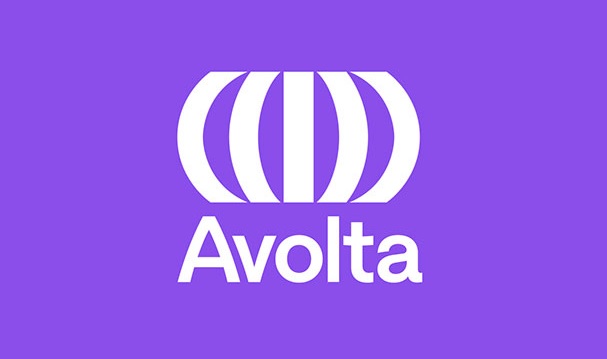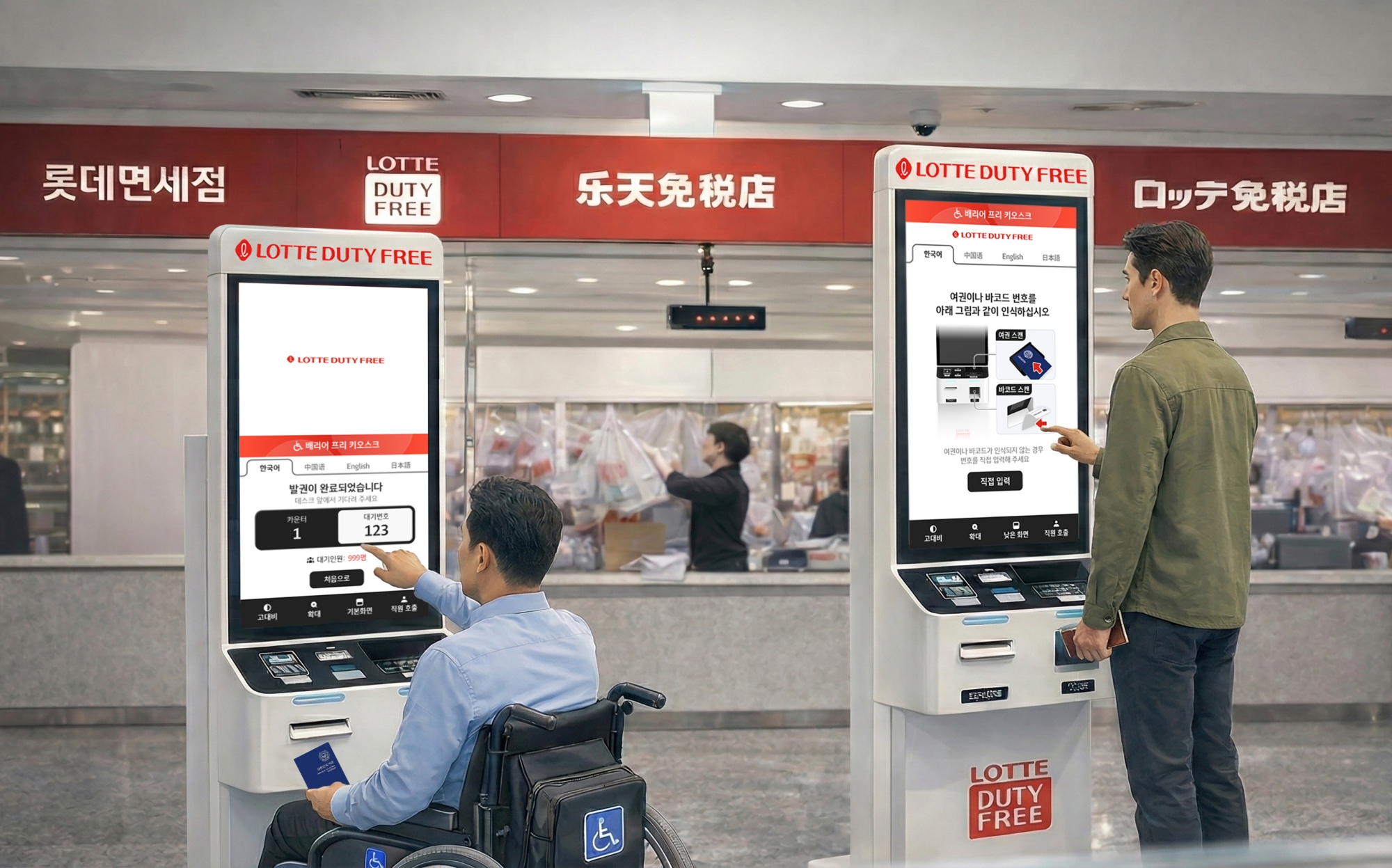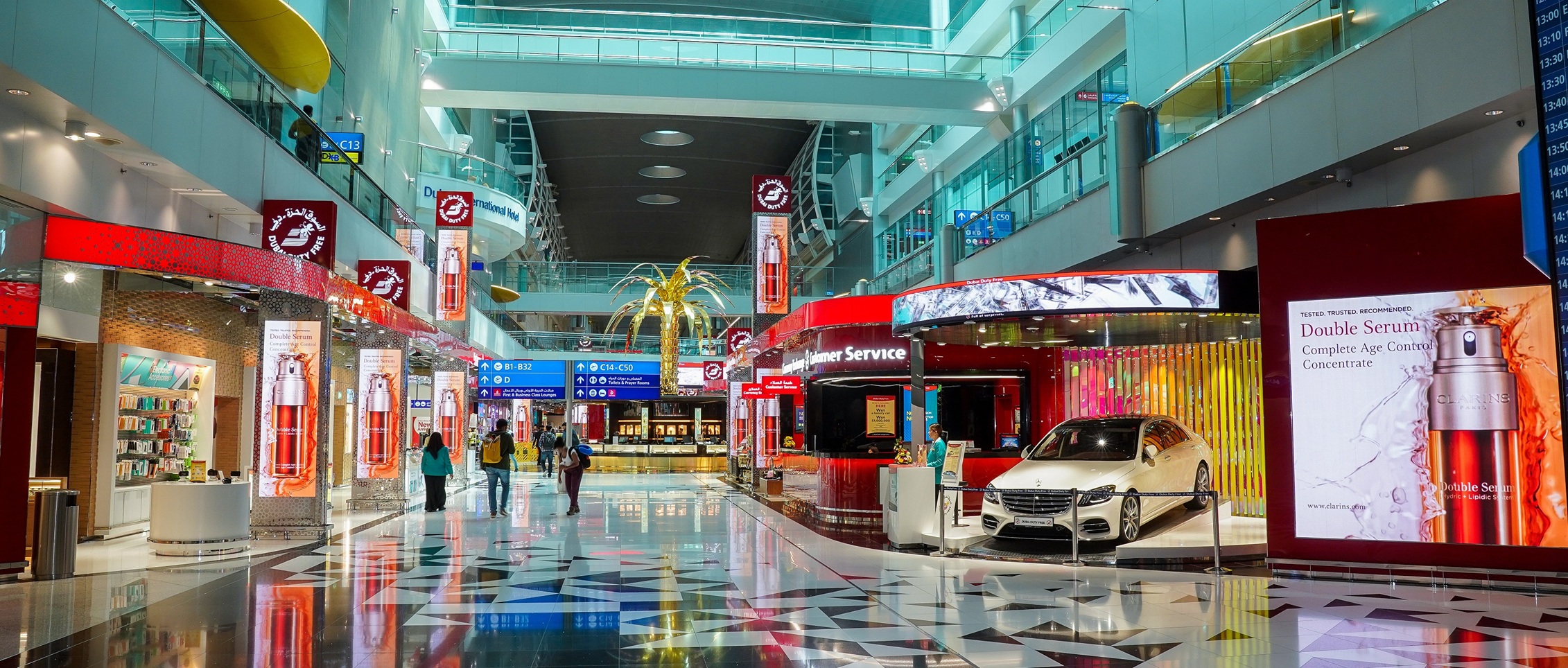November 10, 2025
On the rise: Iraq Duty Free prepares for a new era of expansion
With its government partnership renewed through 2038, Iraq Duty Free is gearing for growth with premium brands and an upgraded online platform
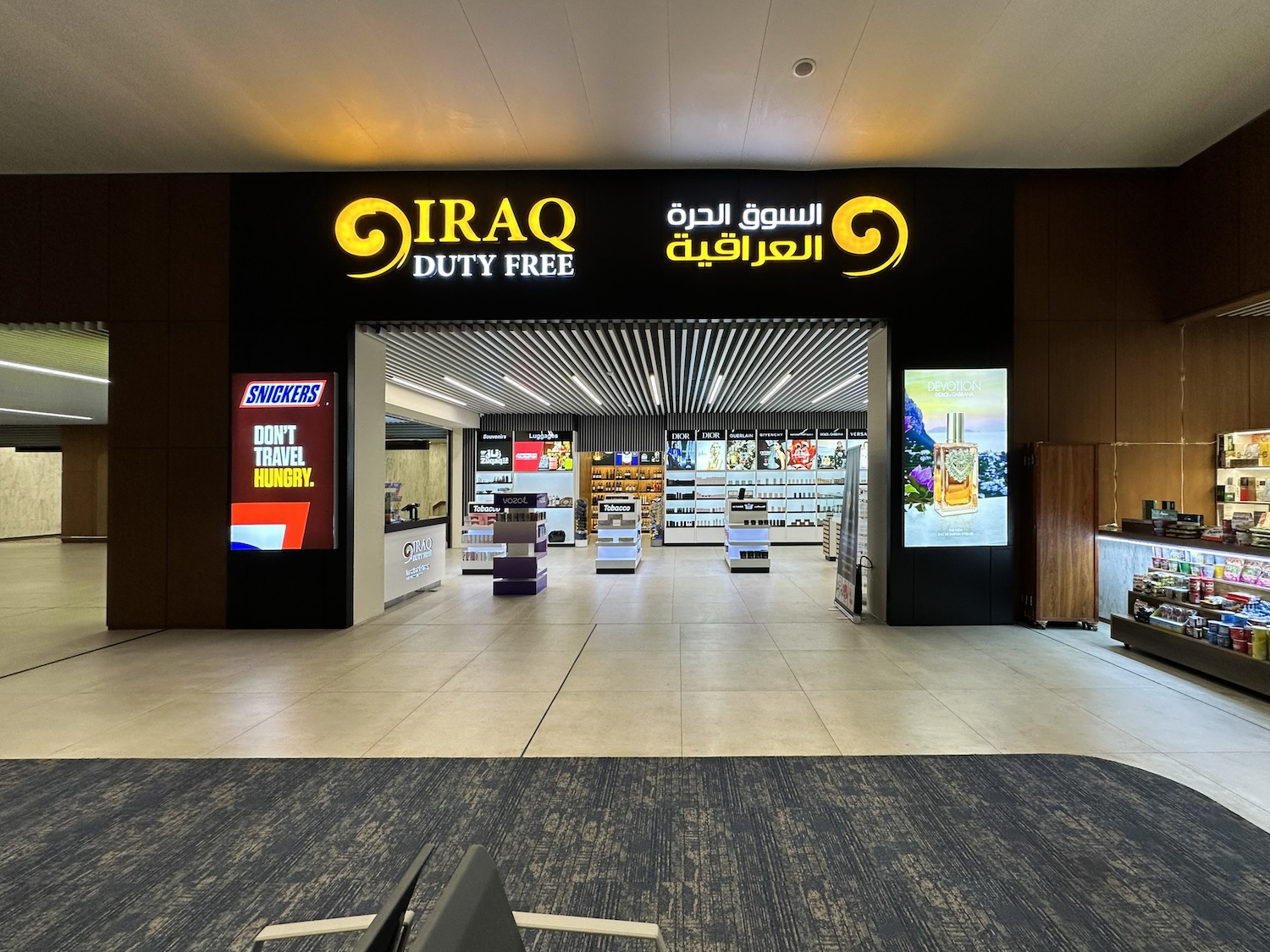
Two decades after opening its first outlet at Baghdad International Airport, Iraq Duty Free has established itself as a trusted name in the country’s travel retail market. More than 120 employees now operate nine outlets and a central warehouse in Baghdad, keeping business running around the clock.
In 2025, Iraq Duty Free is accelerating product diversification, expanding digital services and strengthening cooperation with the Iraqi government to strengthen its role in regional travel retail. With its government partnership secured through 2038, new infrastructure projects under review and a product range designed to meet international standards, the company is entering a phase of deliberate, sustained expansion.
Long-term stability
Iraq Duty Free, established in 2004 under a contract with the Iraqi Civil Aviation Authority (ICAA), operates all duty free outlets at airports managed by the ICAA, part of the Ministry of Transportation. The company’s contract, originally through 2019, was first extended to 2029 and most recently to 2038, reinforcing its stability and the government’s confidence in its performance. “Our relationship with the Ministry of Transportation is strong and continues to improve,” said an Iraq Duty Free spokesperson.
The company runs its operations from Baghdad, where its central warehouse supplies outlets in Basra and Sulaymaniyah through weekly shipments. Customs officials oversee every transfer to maintain compliance and protect product authenticity. “The system works efficiently and transparently,” the spokesperson said. “Customs staff inspect and accompany every shipment from our warehouse to the shop floor to prevent any mishaps or mischief.”
Evolving portfolio
Iraq Duty Free continues to adapt its business model to meet traveler preferences. The company now caters to a growing number of higher-spending customers seeking premium and niche products, particularly in perfumes and liquor. “We’re really upgrading the purchasing basket,” the spokesperson shares.
“We’re expanding our portfolio to include Alexander J, Amouage, and M. Micallef,” the spokesperson said. “We also signed a contract with the Estée Lauder Group for Tom Ford, Jo Malone, Kilian, Estée Lauder, and Clinique.” The company also finalized an agreement to launch Clarins as a full brand in its duty free portfolio, following negotiations this past year. “By the first quarter 2026, we’ll be up and running with it,” the spokesperson confirmed.
Liquor has seen significant growth, with single malt whiskies now joining core brands such as Johnnie Walker Black Label and Chivas Regal. Perfume continues to lead the category mix, contributing 43% of total sales, followed by liquor at about 25%. Confectionery, tobacco, and electronics complete the assortment.
The outlet also redesigned its store layouts, moving beauty and fragrance to the front to better reflect current shopping trends.
As it evaluates expansion, Iraq Duty Free focuses on strategic opportunities and airport potential. In some cases, such as religious tourism destinations, passenger demand shapes which product categories make sense, and certain items such as liquor or high-end perfumes may not fit the market. “We target locations that can support a full-scale duty free operation,” the spokesperson said. “Our strategy ensures that we maintain efficiency, sustain turnoverand meet supplier expectations.”
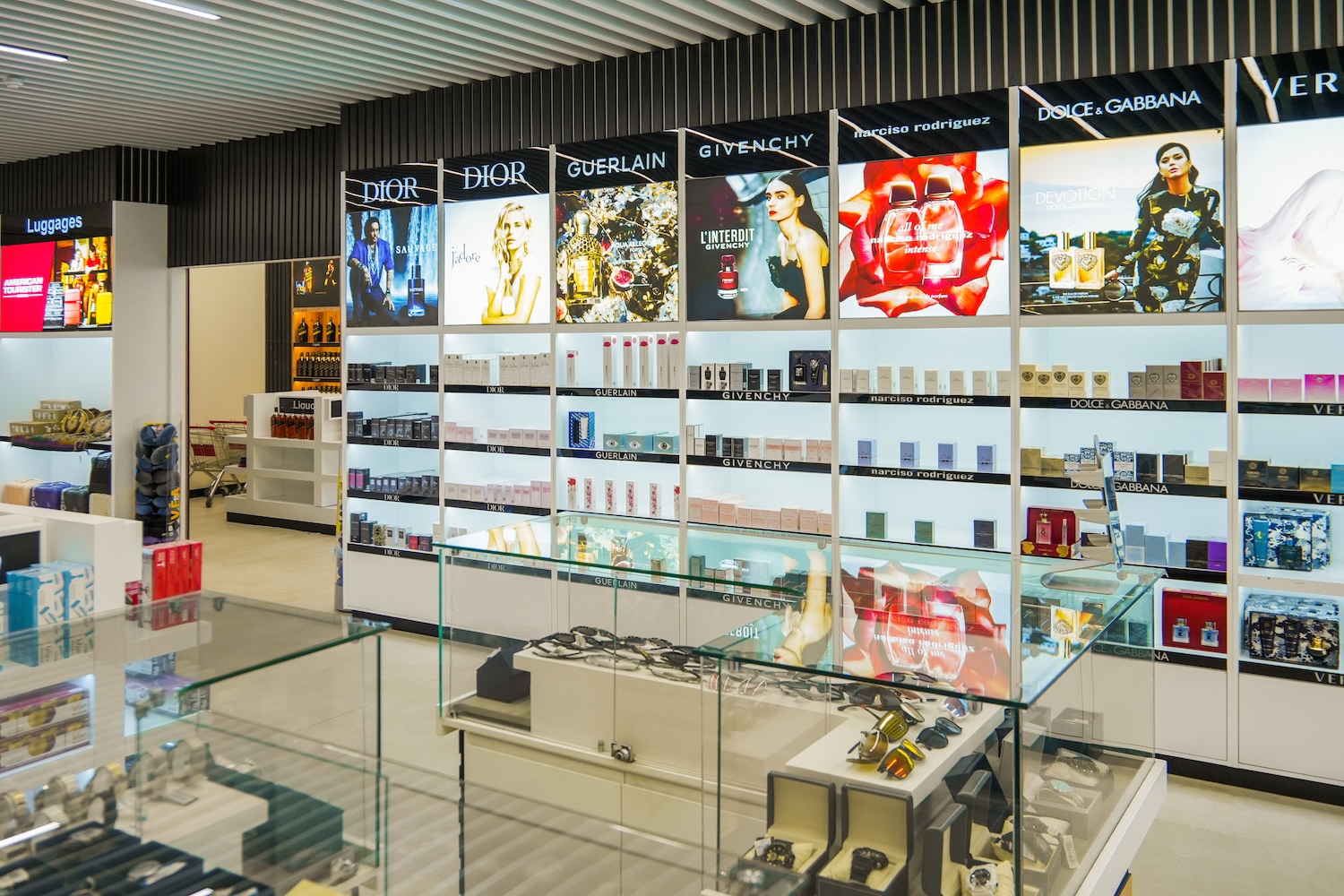
Investing in trust and technology
In a retail landscape where counterfeit goods can surface in local markets, Iraq Duty Free continues to earn confidence through authenticity and transparency. “Iraqi travelers know that when they buy from duty free, they’re getting authentic goods directly from the supplier,” the spokesperson noted. “That confidence drives loyalty.”
About 70% of Iraq Duty Free’s customers are Iraqi nationals, while expatriates make up the remaining 30%. Despite temporary dips in passenger traffic during regional disruptions, the company aims to reach its 2025 goal of 10% year-on-year organic growth, driven by new brand partnerships and strong supplier collaboration. “Our suppliers trust us,” the spokesperson added.
The company also invests in digital innovation to match travelers’ expectations. Its upgraded “buy and collect” service allows passengers to pre-order and pay online, then pick up their items at the departure terminals. The service continues to gain traction among travelers who often arrive close to departure. “It is very effective,” the spokesperson said. “From a behavior standpoint, we know people here tend to arrive late to the airport, so this gives them a quick and easy way to pick up what they need before boarding their flight.” The platform has grown steadily with minimal promotion. Beyond convenience, it allows Iraq Duty Free to analyze customer data and use those insights to shape future merchandising strategies.


